CASCHA Games’ Concealed caught my attention for several reasons. The game has gorgeous art direction for one thing, and the promise of a horror visual novel set in a school is always a good way to catch my attention. Those two things go together beautifully. Unfortunately, this is going to be a very short review, because Concealed is almost unplayable.
How can a visual novel be unplayable, you ask? It’s quite simple. Translation.
Concealed is so poorly translated that I often needed to read a sentence a half dozen times to understand what it was saying. I also found myself opening the message log frequently, because the text is so befuddling that it’s was to contextualise what’s being printed on the screen at times, and I needed to see the text around previous lines to catch up on the context.
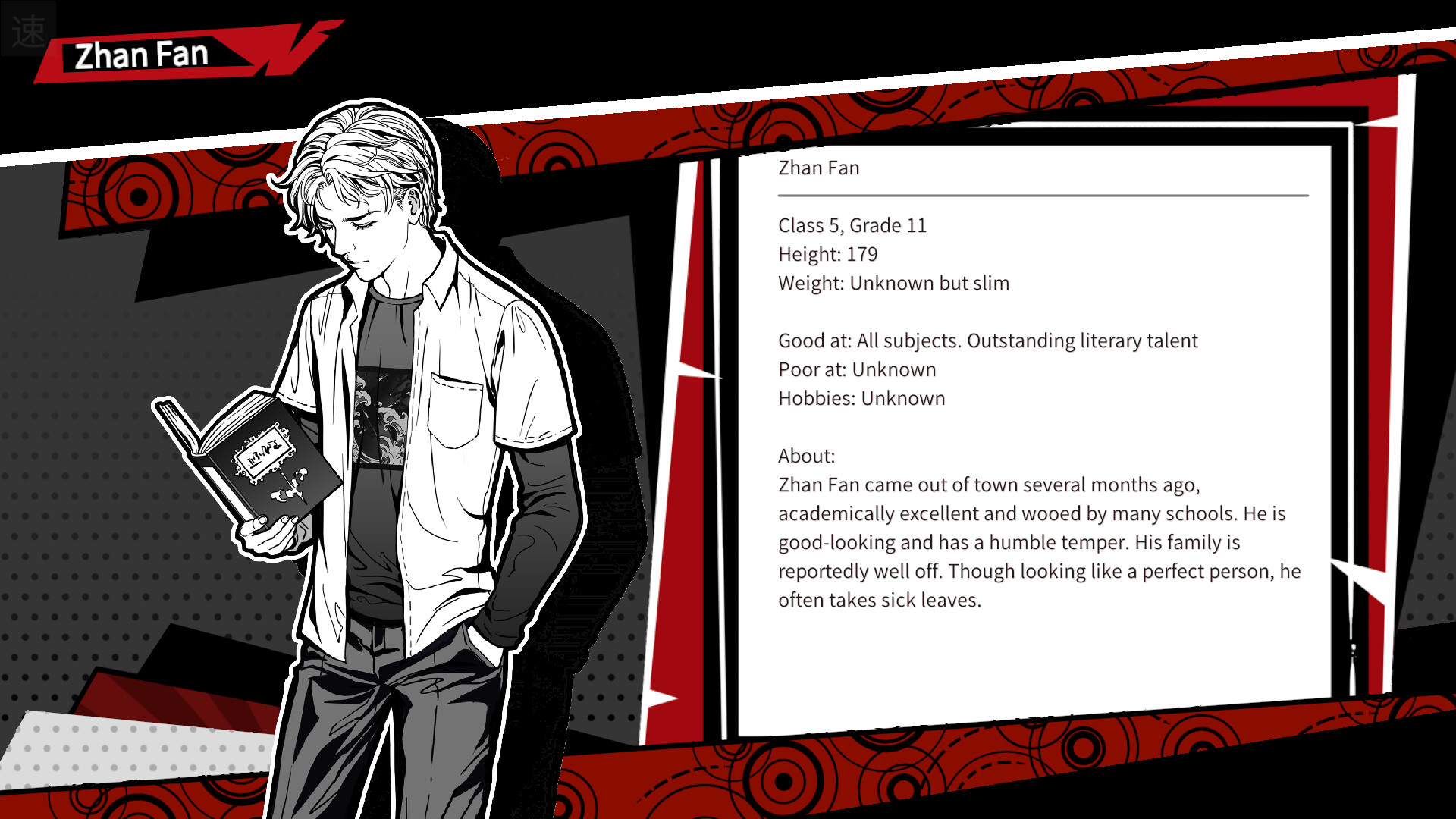
In theory, I can cope with that stuff. After all, my Japanese isn’t great and I muddle my way through games in Japanese in a similar state of confusion. It’s not ideal, but it is possible to mechanically make your way through a game when your understanding of it is broken (either because it’s not in a language that you’re fluent in, or it has been translated poorly to your language).
Unfortunately for Concealed, the translation also breaks down the atmosphere completely. It’s hard to be emotionally immersed in a narrative when you’re applying academic rigour to it to try and understand what it’s saying. Worse for a horror game, there are frequent times when the translation results in unintentional hilarity or characters coming across as too unreal or surreal to be convincing. Horror without the atmosphere is immediately doomed horror, so even if you can comprehend it, the poor translation undermines the experience so completely that it’s worthless.
I’ve said this about games out of China before, but it continues to apply (as well as to games out of Taiwan and South Korea, while we’re on it): I know that localisation is expensive. I also know that because these are much newer international games markets compared to, say, the Japanese market, the localisation infrastructure just isn’t there yet. However, it’s frustrating to come across so many interesting-looking games only to have amateurish localisation let them down. Other than its localisation, Concealed could have been a contender with other best indie horror-themed visual novels. The local industry in China just needs to find some proper localisers, and do so quickly.
As a point of comparison, the other visual novel I reviewed this week, the Aksys-localised Virche Evermore, likewise relied on atmosphere and a strong command over the tone of the language to be effective. It delivered. In fact, it’s one of the finest visual novels I’ve ever played thanks to the way that the localisation captures the intent of the narrative. So I don’t know whether it’s a lack of localisation options for Chinese developers and publishers, or that those developers and publishers aren’t properly budgeting the localisation into their project management, but whatever the case, the Chinese industry really needs to research how the localisation industry is structured in Japan and learn from it. Because so often it’s the only thing holding the game back.
Concealed is visually impressive and borrows intelligently from the aesthetic of manga books. I also know from piecing the narrative together that in its native language, the story is both chilling and effective horror. This game therefore could have been great in English too, and it’s such a tragedy that the single most important quality of a visual novel was overlooked in the way that it has been.


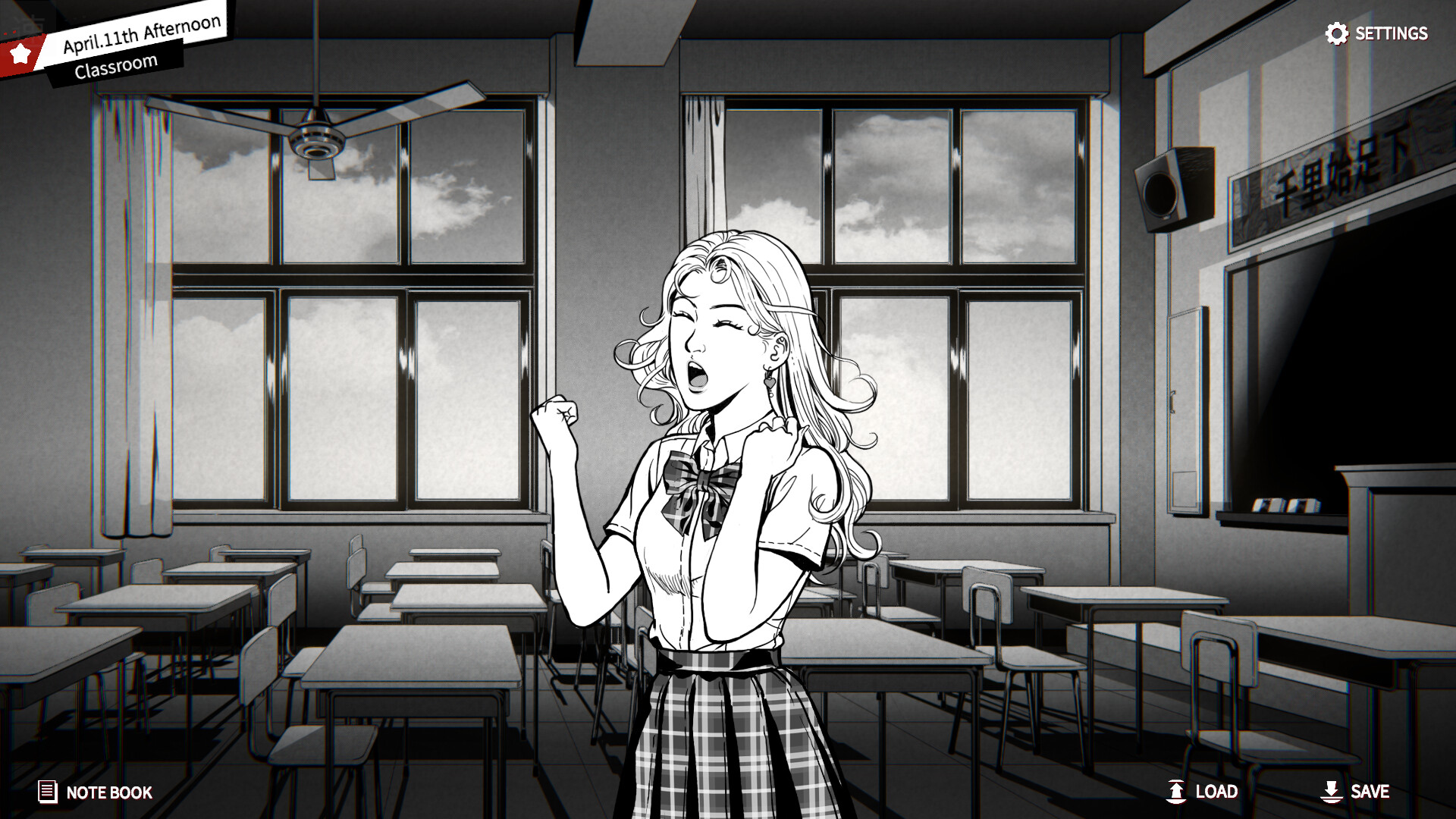

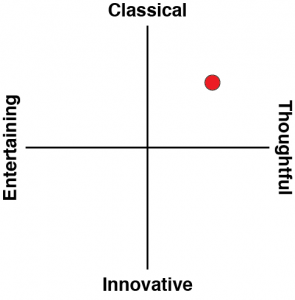


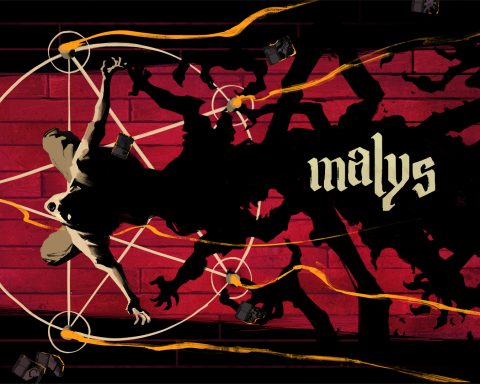


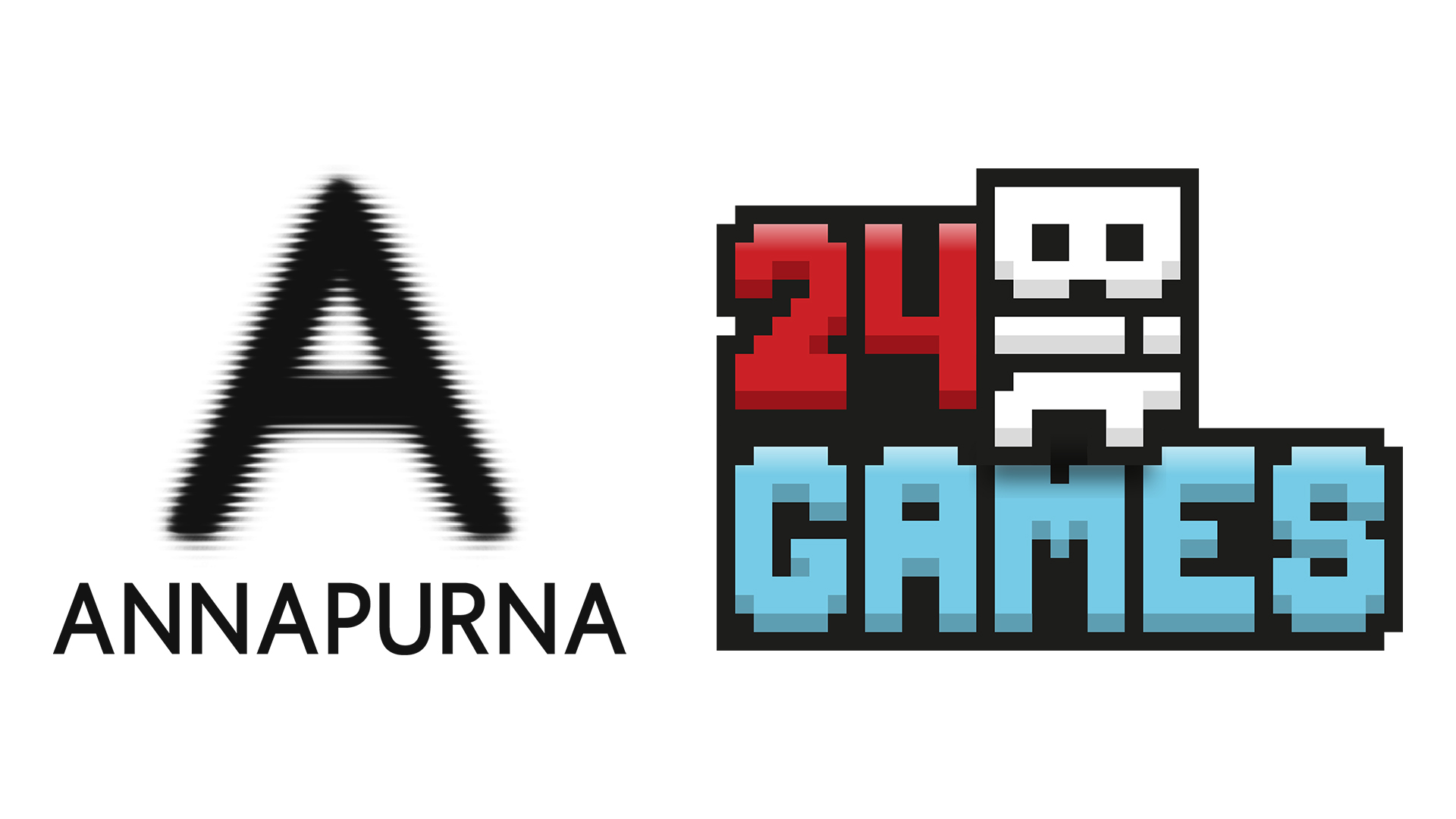

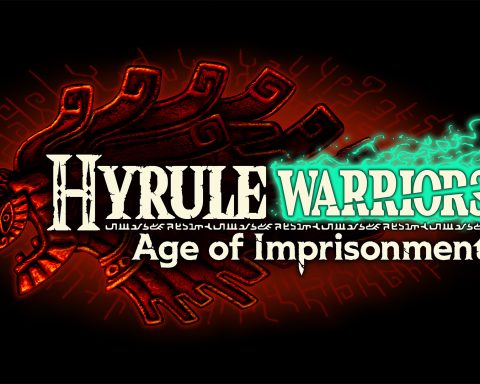

What a shame! The overall aesthetic of this is lovely, but yeah, if it’s been run through AI/MTL rather than actually given to a human being, it’s almost certainly going to be pap. I worry that we’ll see more of this sort of thing going forward, particularly with the “localisation is censorship!!!” idiots still spewing their garbage online.
These kinds of games are useful to keep in mind for every time that someone does scream “literal translations only!”
Because this is what you get.
No one *really* wants this.
There’s always those people that will complain about the localization occurring as it relates to game software and the way in which the games themselves are made to be translated, upon to the point in time of release, into whichever region(s) see their own language versioned, the surrounding geographical locales alongside those of their respective own bequeathed the same availability, as is often seen in games where an official localization has seen to have occurred, whether it’s a title by which said product has been brought to the target market in a manner in which it can be observed to have been attempted implemented insofar only a partially converted localization effort, appeasing just the basic language translation characteristics themselves, or accomplishing the sense of a full localization process witnessed by many a gamer to be a modally designed system that has managed an approach qualitative of an actual understanding of the original game design and commandment of that particular language in an interpretation that has been masterfully refined in the context of all reflections expressible via player interaction and subsequent feedback from other sources relevant to the critiquing standards that often act in the midst of a trying to get a newly-discovered release detail in a specific light.
Uff… Such a shame. It looks so pretty
I know. I was *really* looking forward to this one.